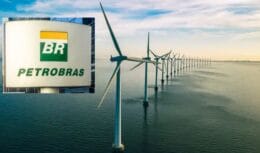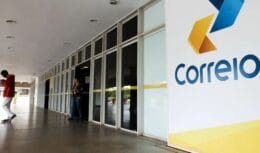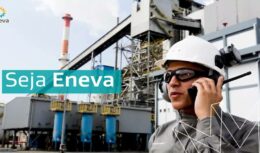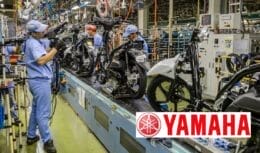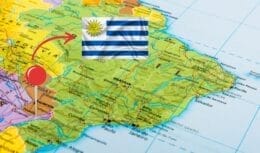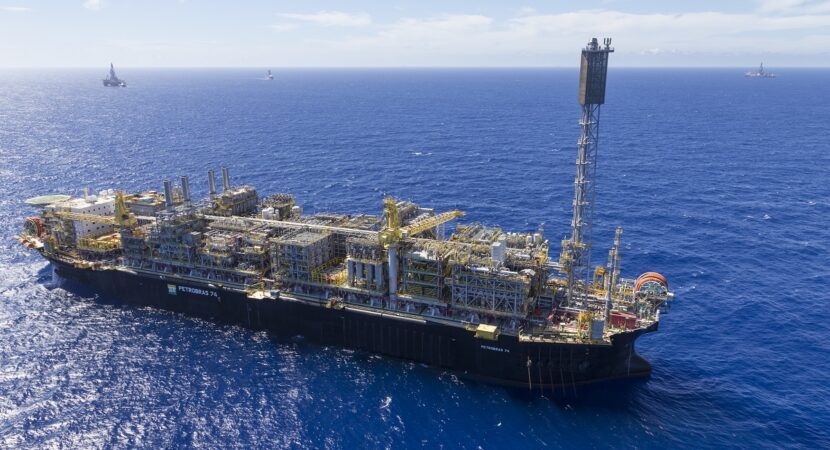
The rise in oil prices may be related to the resumption of post-pandemic economic activities and the war in Ukraine, which caused a considerable increase in Petrobras shares
Since the resumption of economic activities, after the Covid-19 pandemic, and the beginning of the war in Ukraine, there has been an appreciation of oil in the international market. As a result, the actions of Petrobras also showed a considerable increase.
According to CNN Brasil, on July 26, 2021, the company's preferred shares (PETR4) were at R$ 18,61. Last Friday (29), the day after the announcement of the company's profit of R$ 54,3 billion in the second quarter of this year, the value of such shares was R$ 34,15, which represents an increase of 83,5%.
Common shares (PETR3), in turn, rose even more significantly in this period, by 90%. Its value went from R$ 19,45 to R$ 36,96.
Bruno Imaizumi associates the post-pandemic scenario with rising oil prices in the international market
According to the analysis by Bruno Imaizumi, from LCA Consultores, the appreciation of oil began with the recovery of economic activity, after the Covid-19 pandemic went through its most critical period.
Imaizumi explained that, in July 2021, the vaccination of individuals began, who started to feel safer to circulate again, causing a greater global demand for oil. Then, according to him, the price of oil began to grow, along with fuel sales, which caused the appreciation of the price of Petrobras shares.
Last week, Brent oil, regularly used by Petrobras, closed at US$ 110, which represents an increase of 2,68%. The phenomenon is related to the expectation of a reduced global offer, given the continuity of the conflict in Eastern Europe and the reports of lower production, in June, by the Organization of Petroleum Exporting Countries and Allies (OPEC+).
Joelson Sampaio, economist and professor at the Getúlio Vargas Foundation (FGV), believes that the price of the commodity should continue to grow during the rest of the year, which continues to contribute to the appreciation of the state-owned company.
Adriano Pires evaluates Petrobras' appreciation and also relates it to the import parity price policy
Adriano Pires, director of the company Centro Brasileiro de Infraestrutura (CBIE), who was nominated for the presidency of Petrobras this year, assesses that another contributing factor to the increase in the company's value was the maintenance of price policy of parity with the international market.
Furthermore, the high price of derivatives, such as gasoline and diesel, helped Petrobras' profit to reach R$ 54,3 billion in the second quarter of this year.
Pires also points out that the reduction in Petrobras' debt, which fell by 9% compared to the first quarter and stands at US$ 53,6 billion, demonstrates the state-owned company's sanitation capacity.
Thus, in view of this scenario and the record value of dividends, announced at R$87,8 billion, the shares have proven to be attractive to the market.
Under this bias, the CBIE director believes that the shares, if excluded the political effects of Petrobras being a state-owned company, could be even more valued. Pires stated that the company is in a capital-intensive sector, which requires a lot of investment, but there is a discontinuity in its management. This is because, every four or eight years, the majority shareholder – which is the government – is changed, which ends up interfering with the company.

